Trump return and the future of Russia-Ukraine conflict
- Update Time : Monday, December 23, 2024
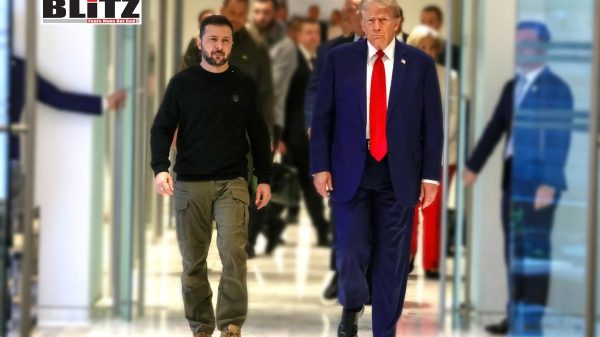
As Europe braces for Donald Trump’s return to the White House in January 2025, many are grappling with the implications for the ongoing Russia-Ukraine conflict and the future of NATO. Nearly three years into the war, Russia’s invasion of Ukraine remains the most consequential moment in transatlantic security since World War II. The return of Trump introduces uncertainty, raising questions about how his administration will influence the war’s trajectory and NATO’s cohesion.
The year 2024 was marked by significant developments in the war. Despite minor territorial gains in Ukraine, Russia faced heavy losses and intensified airstrikes on Ukrainian cities, targeting civilian infrastructure with thousands of drones and missiles monthly. Meanwhile, Ukraine launched a surprising invasion into Russia’s Kursk Oblast, a bold move that shifted the strategic dynamics of the war.
Ukraine’s invasion demonstrated its ability to succeed when adequately resourced. By capturing Russian territory, Kyiv disrupted Moscow’s war strategy and ensured that the front lines could not remain static in future peace negotiations. However, this audacious move came against the backdrop of severe challenges, including delays in US military aid caused by political gridlock in Congress. By the time aid arrived in March 2024, Ukraine’s forces were critically low on essential supplies such as air defense missiles and artillery shells.
Compounding the conflict’s complexity, North Korea escalated its involvement by deploying 10,000 troops to support Russia. This direct intervention linked the war in Ukraine to East Asian security, prompting increased collaboration between Ukraine and South Korea. For Ukraine, this cooperation not only counterbalanced North Korea’s involvement but also underscored the global dimensions of the conflict.
Diplomatically, Ukraine faced a disappointing NATO summit in Washington in July 2024. While the summit celebrated NATO’s 75th anniversary, it failed to deliver a clear path to membership for Ukraine. Instead, Kyiv received vague assurances of eventual membership, a missed opportunity to strengthen NATO’s commitment to Ukrainian security.
This lack of progress contrasted sharply with the heightened military contributions of NATO members. Since Trump’s first term, the alliance has evolved, with 23 of 32 member nations now meeting or exceeding the 2% GDP defense spending target. European nations have also significantly increased their financial aid to Ukraine, often surpassing US contributions. These changes reflect a stronger, more unified NATO, but the absence of a concrete roadmap for Ukraine’s membership remains a glaring gap.
Trump’s victory in the November 2024 presidential election adds a layer of unpredictability to the conflict. While the war was not a central campaign issue, it surfaced occasionally, with Trump and Vice President Kamala Harris presenting contrasting views. Trump claimed he could swiftly end the war and suggested that Russia’s invasion would not have occurred under his leadership. In contrast, Harris reiterated the Biden administration’s commitment to supporting Ukraine but offered little specificity about how her approach might differ.
Trump’s second term raises questions about his strategy for Ukraine and NATO. Critics point to his perceived sympathy toward Russia, but his past actions suggest a more methodical approach to foreign policy. For example, Trump’s phased withdrawal from the Iran nuclear deal during his first term, despite campaign promises for immediate action, demonstrates his capacity for deliberate decision-making.
In the context of Ukraine, Trump’s approach is likely to be similarly measured. While his rhetoric often emphasizes ending the war quickly, any settlement perceived as a Russian victory would undermine his political standing and tarnish America’s global image. The disastrous withdrawal from Afghanistan under the Biden administration serves as a cautionary tale of the political fallout from perceived weakness.
Ukrainians have expressed mixed feelings about Trump’s return. While many are grateful for the aid provided by President Joe Biden since February 2022, frustration has grown over delays and restrictions on American weapons. Trump’s election victory is seen by some in Ukraine as an opportunity for a fresh approach, potentially unlocking more robust support.
Trump’s recent interactions with Ukrainian President Volodymyr Zelensky have been described as constructive. In September, the two leaders held a positive meeting, followed by a phone call within 24 hours of Trump’s reelection. These engagements signal a willingness to maintain dialogue and collaboration. Furthermore, key appointments in Trump’s new administration, such as National Security Adviser Mike Waltz and Secretary of State nominee Marco Rubio, offer hope for continued US support for Ukraine.
The war in Ukraine is unlikely to see a swift resolution under Trump’s leadership. Instead, his administration will face the challenge of balancing domestic priorities with international responsibilities. Trump’s well-known criticism of NATO’s defense spending could resurface, but the alliance he encounters in 2025 is markedly stronger than it was in 2017. Increased military investments by European allies and greater financial contributions to Ukraine have bolstered NATO’s collective security.
The next NATO summit in the Netherlands will be a critical juncture for Trump’s foreign policy agenda. He could use this platform to push for further enhancements in NATO’s military capabilities while solidifying his administration’s commitment to ending the Russia-Ukraine war. Achieving a fair and just resolution would not only strengthen NATO but also cement Trump’s legacy as a leader who restored America’s global influence.
Trump’s second term could reshape the geopolitical landscape in ways that extend beyond Ukraine. His administration’s approach to the Russia-Ukraine conflict will have ripple effects on transatlantic relations, East Asian security, and global power dynamics. By addressing the war’s root causes and fostering a durable peace, Trump has the opportunity to redefine America’s role as a stabilizing force in international affairs.
However, the challenges are immense. The war has already tested the resilience of Ukraine, NATO, and the international community. Russia’s intensified airstrikes and North Korea’s involvement underscore the conflict’s escalating stakes. Meanwhile, Ukraine’s bold actions, such as the invasion of Kursk Oblast, highlight its determination to reclaim sovereignty but also risk further entrenching the war.
To navigate these complexities, Trump must adopt a balanced strategy that prioritizes military strength, diplomatic engagement, and coalition-building. Success will require not only resolving the immediate conflict but also addressing broader issues such as NATO’s long-term strategy, European security, and the global implications of Russian and North Korean aggression.
As 2024 ends, the Russia-Ukraine conflict remains at a pivotal crossroads. Despite setbacks, Ukraine’s resilience and Western support have prevented Russia from achieving its broader objectives. Trump’s return to the White House introduces both uncertainty and potential. By leveraging his administration’s strengths and building on NATO’s enhanced capabilities, Trump can turn this moment into an opportunity to restore global stability.
The coming year will test the diplomatic, military, and political resolve of all parties involved. For Trump, the challenge is not just to end the war but to do so in a manner that reinforces America’s leadership and secures a lasting peace. Achieving this will require vision, determination, and a commitment to making America strong again.


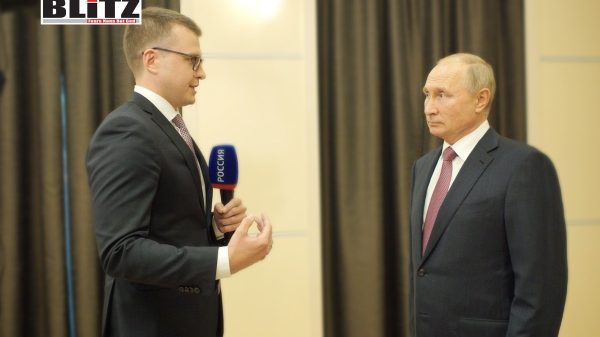
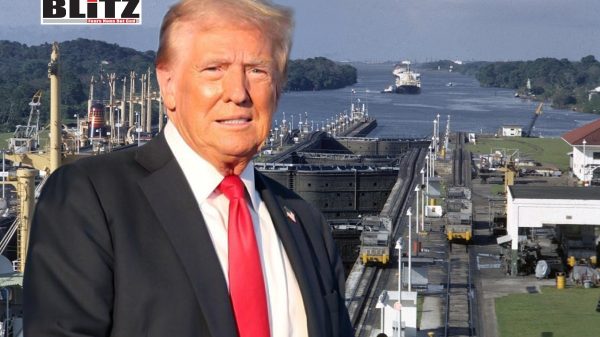
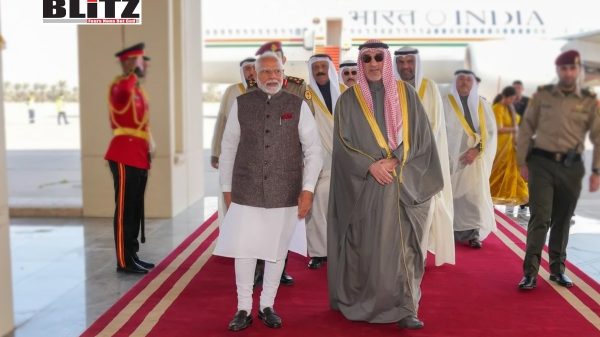
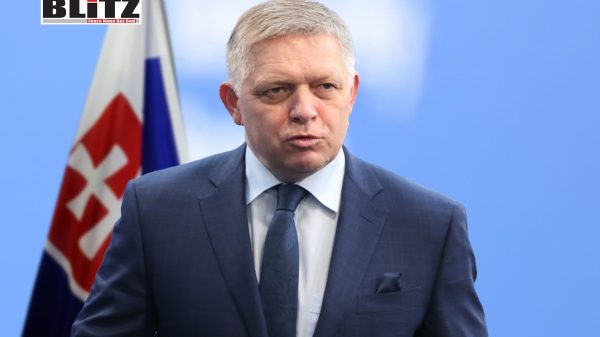
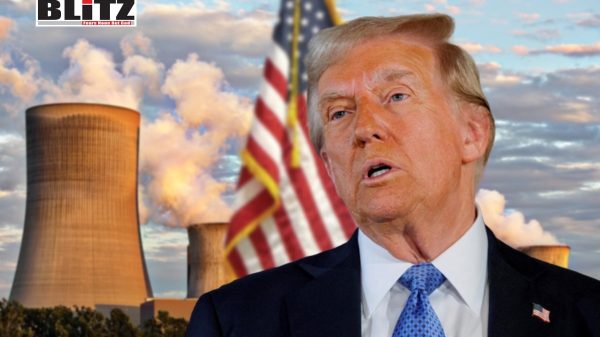
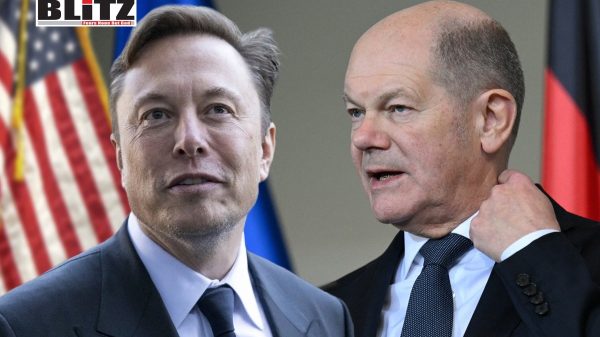
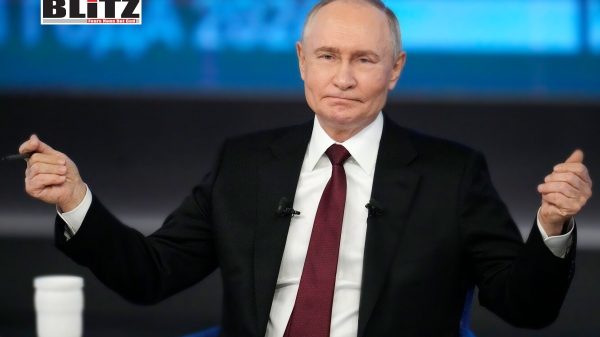
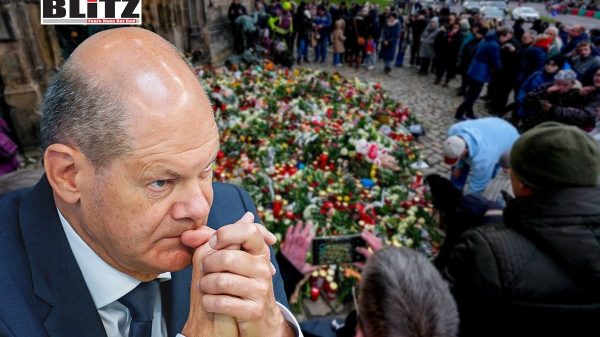

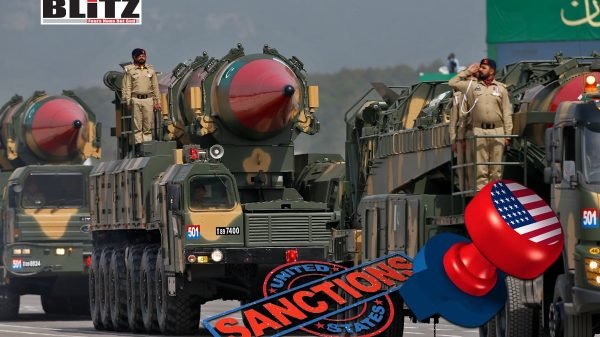

Leave a Reply